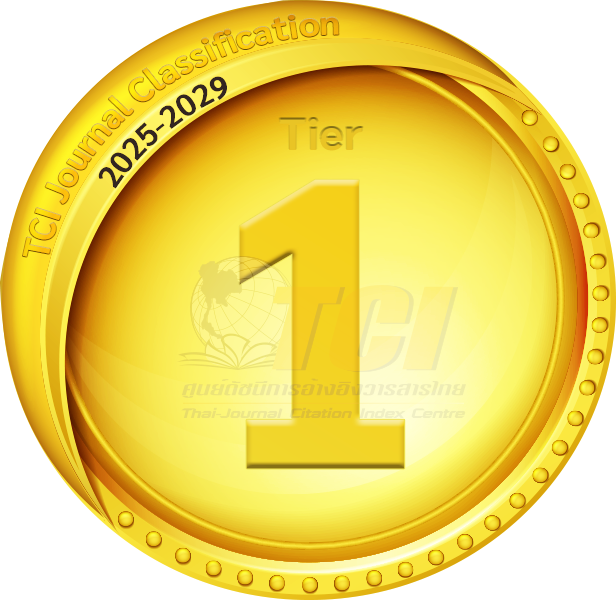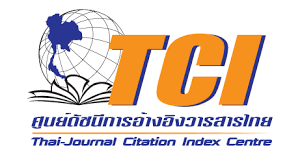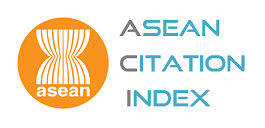Technology-Driven Structural Change and the National Science Technology and Innovation Policy in Indonesia: The Problem of Economic Nationalism Discourse
Abstract
Received 18 December 2018 / Revised 27 February 2019 / Accepted in final form 22 April 2019 / Publish Online 8 June 2019
Abstract
As the manufacturing sector is a key driver in achieving higher economic growth at the middle-income stage, scholars have directed their attention toward manufacturing industry’s upgrading through Science Technology and Innovation (STI) policy. Under the logic of developmental states, any effective STI policy relies on efficient triple-helix (government-university-industry) coordination. Although an STI policy can provide a big push for national technological change, policy is still a political choice made by policymakers. As such, a discursive institutionalism approach offers a way to examine policymakers’ behaviour based on how they frame their policy. Through a qualitative document analysis, this paper argues that the current Indonesian administration uses an economic nationalism discourse to frame the Indonesian national development strategy. This discourse extends to the national STI policy, which prioritizes ‘natural resource’ protection over national technological upgrading to support indigenous manufacturing sector. As a consequence, this STI policy choice does not offer much support for medium-technology manufacturing subsector growth at a time when Indonesian technological capabilities have already been stuck in a low-technology rut for 23 years.
Keywords: science technology innovation policy, national technological upgrading, structural change, Indonesia
DOI: 10.14456/rjsh.2019.7

Indexed in


Search